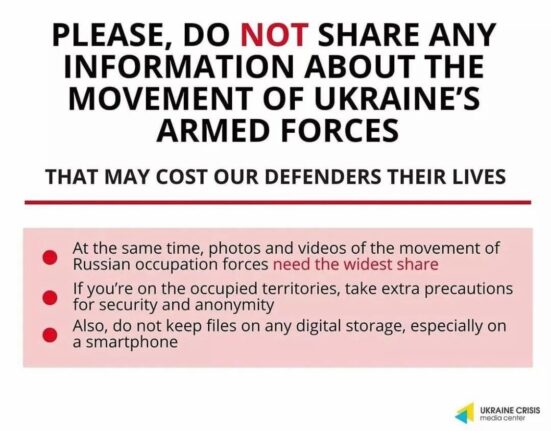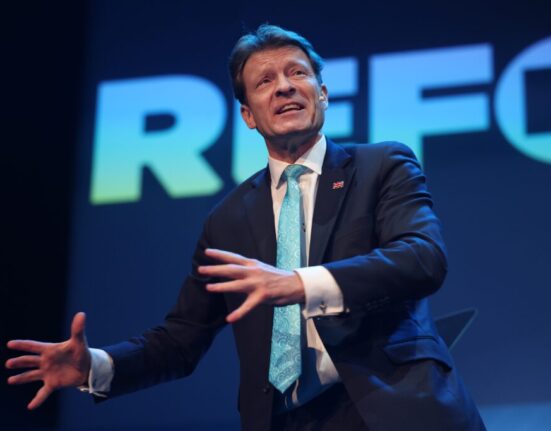Australian politicians are facing backlash for their alleged support of genocide and an occupying terrorist government accused of committing war crimes against civilians.
The tweet highlights concerns about the erosion of democracy when opposing such atrocities becomes restricted in favor of a technocratic approach..
The Australian political landscape is embroiled in controversy as accusations of major party politicians aligning with regimes accused of genocide and war crimes come to light.
Such actions not only raise questions about the moral compass of these politicians but also underscore the delicate balance between political expediency and ethical responsibility..
The tweet’s mention of overreach in support of genocide points to a broader issue of moral ambiguity in Australia’s foreign policy decisions.
The implications of this alleged support for an occupying terrorist government committing war crimes against civilians are grave, raising concerns about Australia’s stance on human rights and international law..
As the debate unfolds, it is essential for Australian citizens to hold their elected officials accountable for their actions and decisions that may compromise fundamental values and principles.
The intersection of politics, morality, and international relations underscores the complexity of navigating global issues while upholding democratic ideals in the face of such challenges..
In light of these revelations, the public’s scrutiny of political leaders and their alignment with regimes accused of atrocities is crucial for ensuring transparency, accountability, and adherence to ethical standards in Australia’s foreign policy engagements.
The need for a robust dialogue on these issues is paramount to safeguarding democracy and upholding Australia’s commitment to human rights on the international stage..









Leave feedback about this